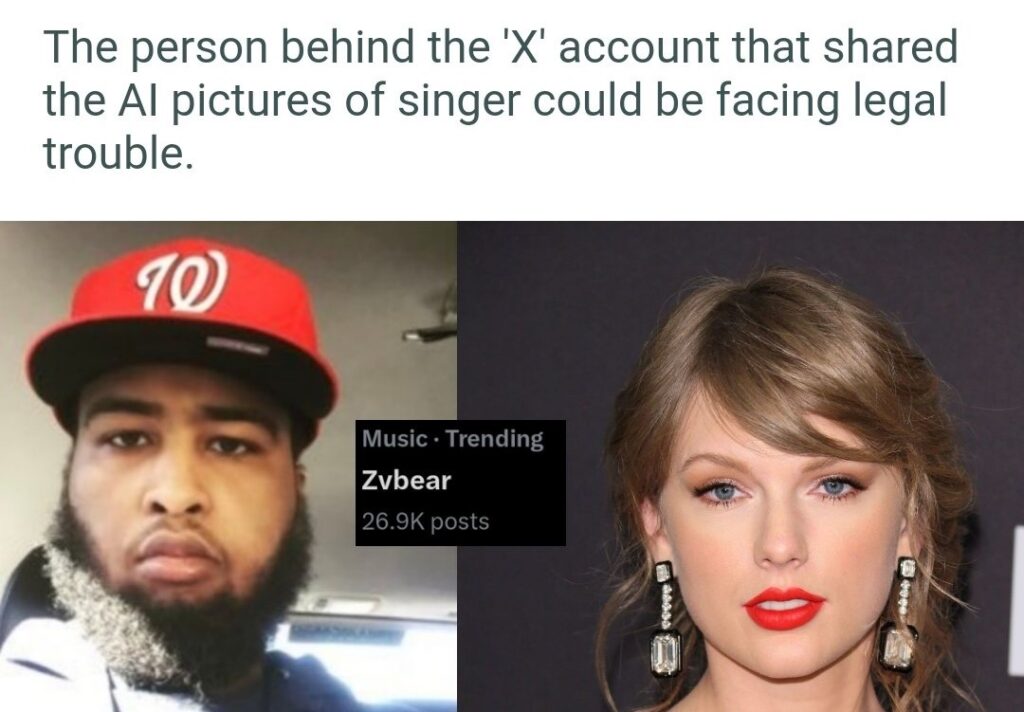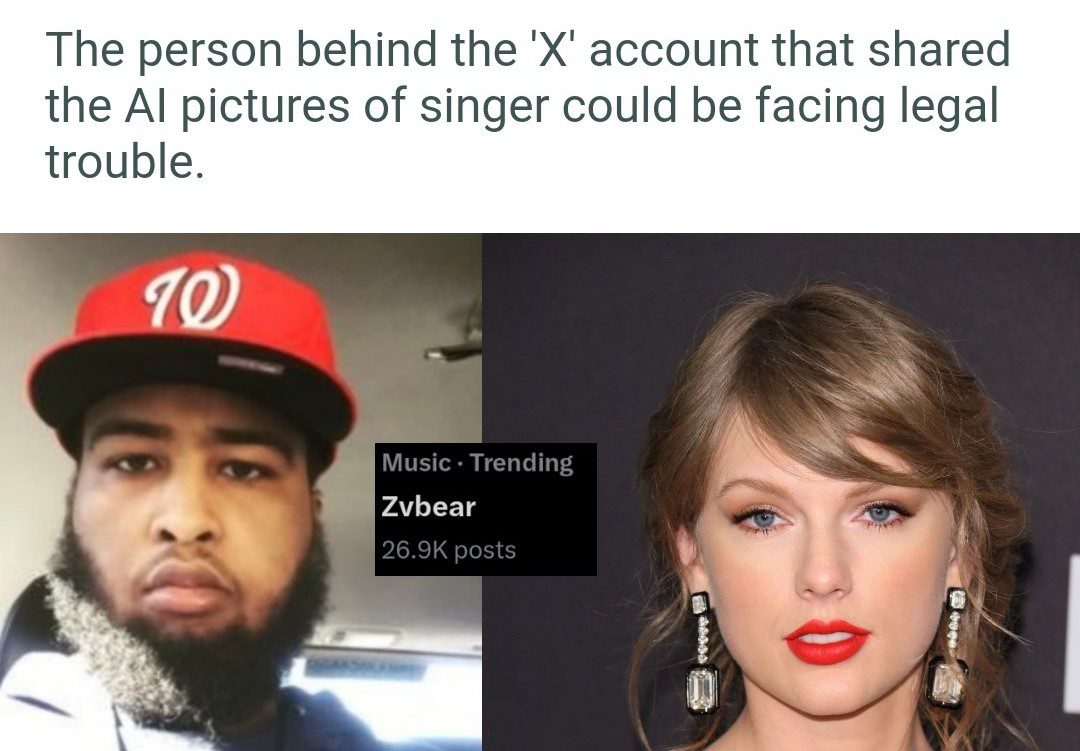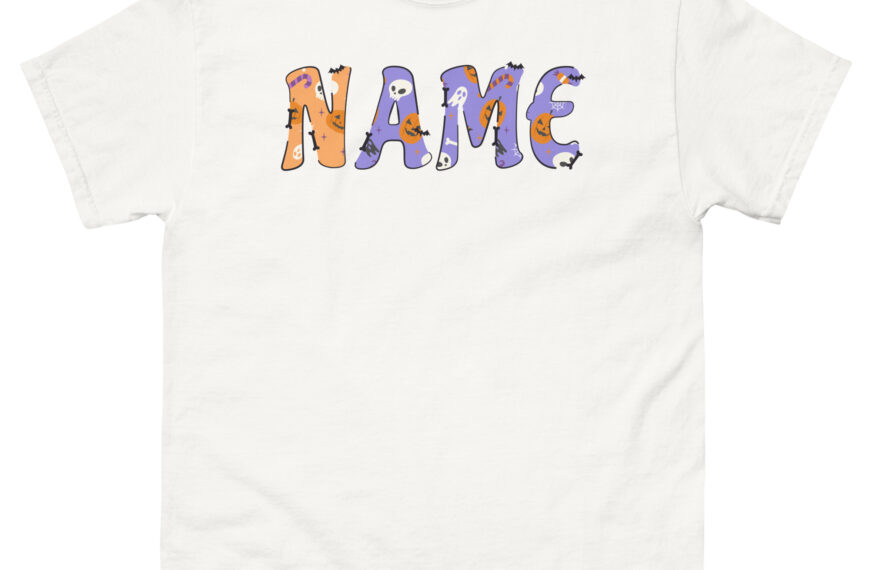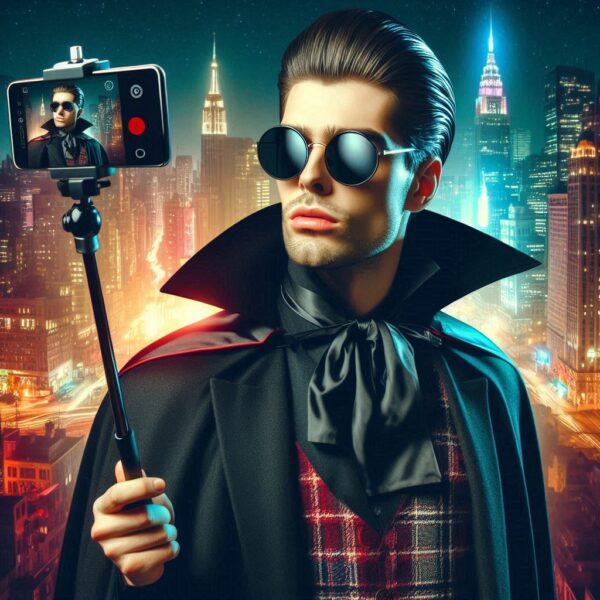Whether Taylor Swift can take legal action against the creators and distributors of the AI-generated images {Taylor swift ai pictures} depends on several factors, including the laws of the jurisdictions involved, the specific platform(s) on which the images were shared, and the nature of the images themselves.

Here are some potential legal avenues Taylor Swift could explore:
1. Copyright infringement:
If the AI-generated images contain elements of Taylor Swift’s likeness or creative works, they might violate her copyright. This could include elements like her face, voice, hair, clothing, or even lyrics or musical compositions. However, establishing copyright infringement in AI-generated content can be complex and often turns on how closely the AI creation resembles the original work.
2. Right of publicity:
Depending on the jurisdiction, Taylor Swift might have a right of publicity that protects her name, image, and likeness from unauthorized commercial use. If the AI-generated images were used for commercial purposes, such as advertising or promotion, this could be a potential claim.
3. Trademark infringement:
If the images incorporate any of Taylor Swift’s registered trademarks, such as her album titles, logos, or merchandise, this could form the basis for a lawsuit.
4. Defamation:
The images, if intentionally created to falsely portray Taylor Swift in a negative light, could potentially be considered defamation. However, proving intentional defamation can be difficult.
5. Emotional distress:
In some jurisdictions, if the images caused Taylor Swift severe emotional distress, she might be able to sue for damages.
Challenges:
Even if Taylor Swift has a valid legal claim, pursuing it might be challenging for several reasons:
- Jurisdictional complexities: The images might have been created or distributed across multiple jurisdictions, making it difficult to determine which laws apply and where to file lawsuits.
- Platform liability: Social media platforms often have immunity protections against content posted by users, making it challenging to hold them directly accountable.
- Identifying perpetrators: Tracking down the creators and distributors of the images can be difficult, especially if they used anonymity tools.
- Cost and burden: Legal action can be expensive and time-consuming, and winning might not guarantee the removal of all the offensive content.
Recommendations:
Considering the challenges, Taylor Swift might instead consider:
- Direct public outreach: Publicly calling out the creators and distributors of the images, along with her fans, can help raise awareness and potentially pressure the platforms to take action.
- Working with platforms: Collaborating with the platforms where the images were shared to implement stricter policies against deepfakes and harmful content could be a long-term solution.
- Supporting legislation: Advocating for stronger laws against deepfakes and online harassment could help protect herself and others in the future.
Ultimately, the decision of whether to take legal action is a complex one that Taylor Swift and her team will need to weigh carefully. There is no guaranteed outcome, and pursuing legal avenues could be challenging and resource-intensive. However, taking action could also raise awareness about the dangers of deepfakes and contribute to protecting individuals from online harm.
I hope this information provides a comprehensive overview of the legal options available to Taylor Swift in this situation.
Disclaimer: Legal Information Article
The information provided in this article is intended for general informational purposes only and should not be construed as legal advice. While we strive to keep the information accurate and up-to-date, laws and regulations are subject to change, and the interpretation of legal principles can vary based on individual circumstances.
This article does not create an attorney-client relationship between the reader and any contributing authors or the publication. Legal issues are often complex and fact-specific, and the application of legal principles can vary widely based on the specific facts involved. Therefore, readers should not act upon any information provided in this article without seeking professional legal counsel.
We recommend consulting with a qualified attorney for advice regarding your particular situation. The authors, editors, and publisher of this article are not responsible for any legal consequences resulting from reliance on the information provided herein.
This disclaimer is subject to change without notice, and any updates or revisions will be posted on this platform. Readers are encouraged to review this disclaimer regularly to stay informed about any modifications.






